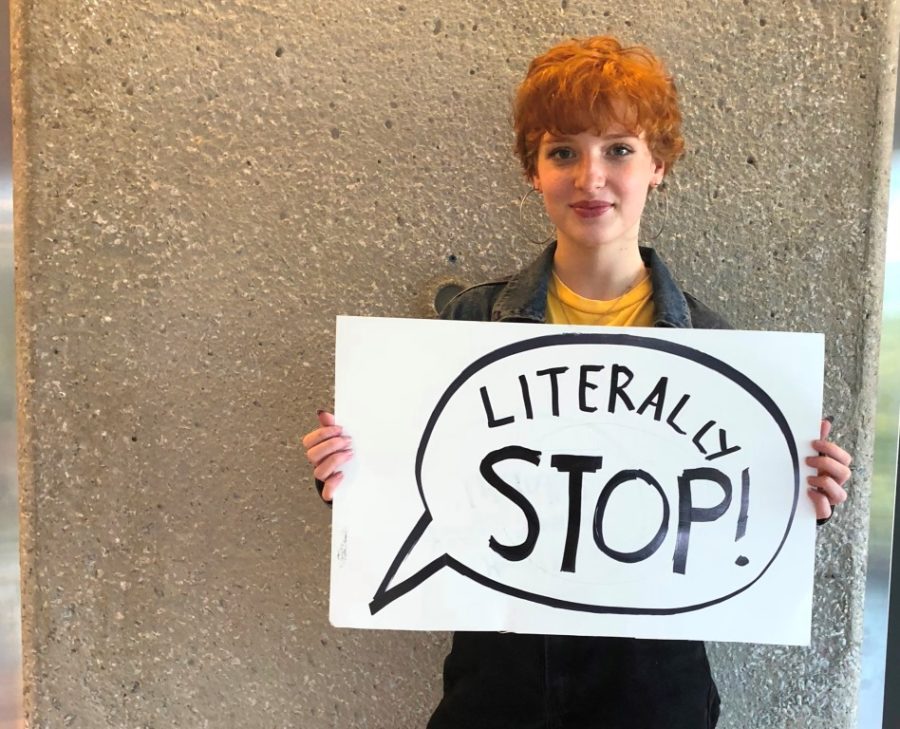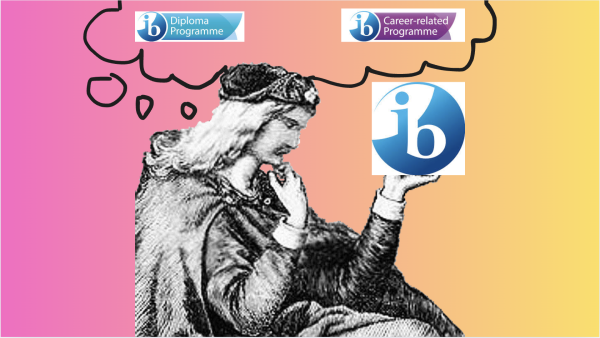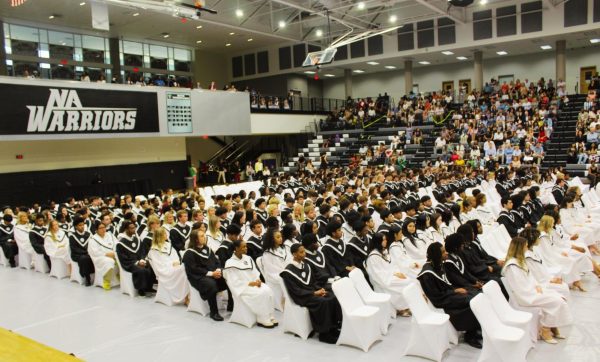“Literally” Literally Needs to Stop
Writer Rhiann Ashmore literally holds up a sign asking for a literal cessation of use of the word “literally.”
Dear Millennials, this is a PSA. For the love of all things grammatically sane, please stop saying ‘literally’, literally. The dramatic usage of the word began as a harmless stereotype of teenage girls, with roots in popular cultural influences such as ‘Mean Girls’ and ‘Clueless’, but has grown into its own grammatically incorrect monstrosity.
The linguistic atrocity not only sparks disgust in the superiority complex of an everyday academic, but only adds to the growing wave bringing in a tide of intellectually incompetent teens. ‘Literally’ is defined by Webster’s Dictionary as: “In a literal sense or matter, actually”. So, by stating something as literal, the sentence becomes redundant. For example, “She is literally my best friend.”
Junior Isaiah Hiley feels the use of ‘literally in everyday language is overdone and unnecessary. “I believe that the word ‘literally’ is almost as overdone as New York style pizza,” he said.
Hiley also feels as if the usage in everyday vernacular seems a little crazy. “If someone were to say ‘literally’ in a sentence to me it would probably make me think they’re a little loco,” said Hiley.
Sophomore Anna Coffin-McKibben believes that ‘literally’ has been used so much it has — excuse the expression — literally lost its meaning. “While ‘literally’ is overused, I’ve grown not to mind it,” she said, “I assume that by growing up in a world where it is misused so commonly it no longer bothers you.”
As the misuse of ‘literally’ becomes increasingly more common, the hearts of the intellectually curious grow weaker, while the common mistake grows stronger. In conclusion, ‘literally’ literally needs to stop.











